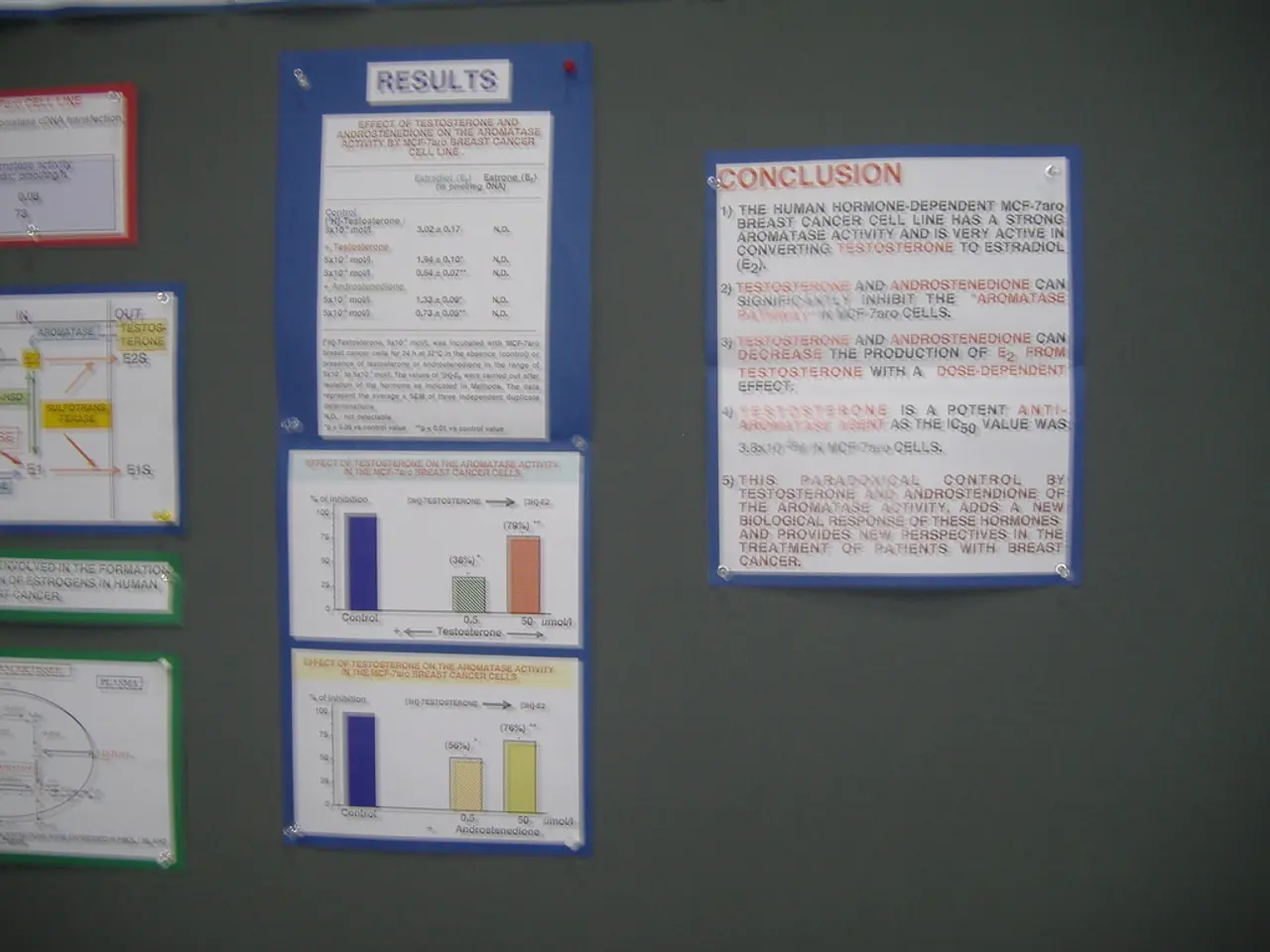The High Stakes of Corporate Tax Cuts: A Race Against Time for Merz and the Federal States
Federal States Adopted by Merz, Predicting Notable Achievements
In the heart of Germany's economic landscape, a contentious debate is brewing. Chancellor Friedrich Merz leads the charge for corporate tax reductions as part of a broader stimulus package aimed at kickstarting growth and breathing life into a stagnant economy. But the question on everyone's mind: who will bleed for these tax cuts, as states and municipalities face potential financial catastrophe?
Merz's government has proposed a hefty €46 billion relief plan, designed to fuel business investment and spur economic recovery [3][5][4]. The package includes substantial tax breaks over the next few years for investments in machinery and equipment, as well as a phased reduction of the corporate tax rate from 15% to 10% between 2028 and 2032. Electric vehicle incentives for companies and research and development tax credits further sweeten the deal [3][5][4].
However, this financial lifeline comes at a cost—a potentially heavy one for states and municipalities already grappling with slowing tax revenue growth [2]. The federal government is set to shoulder nearly €18 billion of the total tax burden, leaving €16.6 billion and €13.5 billion for the states and municipalities, respectively [4]. For many local governments already struggling with budgets stretched thin, taking on this additional financial strain would be nothing short of crushing.
Political Manoeuvres: A United Front or a Showdown?
One may have thought the fiery rhetoric would boil over at the ministers-president conference, where state leaders met Merz fresh from the G7 summit. However, the tone was surprisingly conciliatory, with unity the order of the day [1]. Despite the potential for a significant fracas over the distribution of funds [4], Merz made it clear that he was committed to working closely with the states and finding a solution that works for all parties [1].
Massive compensation to the states and particularly the municipalities could serve as a test of this show of unity between the federal government and the states. A compromise will be crucial to expedite the passage of the package through the Bundestag and the Bundesrat, with a potential vote scheduled for early July [1]. The political landscape appears to be on a trajectory towards harmony, but only time will tell if the cooperation will hold as the challenges intensify.
The Great Balancing Act: Short-Term Pain for Long-Term Gain
The consequences of these tax cuts are far-reaching, and while the potential for longer-term economic benefits cannot be overlooked, addressing immediate fiscal concerns is of the utmost importance. Merz's strategy centers on stimulating private investment to drive economic activity and, in turn, increase tax revenues [5][2]. By striking this balance between fostering growth now with tax cuts and offsetting fiscal pressures, the government aims to ensure the long-term health of Germany's economic engine as a whole.
- Friedrich Merz: The controversial, economics-focused chancellor leading the charge for corporate tax reform.
- MPK: The assembly of Germany's state leaders, who play a crucial role in the tax cut debate.
- Federal States: The regional governments that bear the brunt of the fiscal impact of the tax cuts.
- The Commission, Council, and European Parliament will closely monitor the tax cut policy being proposed by the Merz government, as it may have significant implications for EU economics and policy-and-legislation in finance, investing, and real-estate sectors.
- Increased corporate tax investments in business and machinery may attract general-news coverage, as these tax breaks could potentially lead to strained fiscal resources for the states and municipalities, impacting overall budgets and local economies.
- In the backdrop of politics, the Merz government, the Commission, the Council, and the European Parliament must navigate this delicate situation carefully to balance short-term business interests with long-term financial stability for both the federal government and the states.
- Achieving a compromise on the distribution of the extra fiscal burden could lead to a more efficient flow of investments across business and real-estate sectors, creating a smoother path for the passage of the tax cut package assumed to be discussed in the Bundestag and Bundesrat soon, without disregarding the financial concerns of the European Parliament, the Council, and the Commission.








